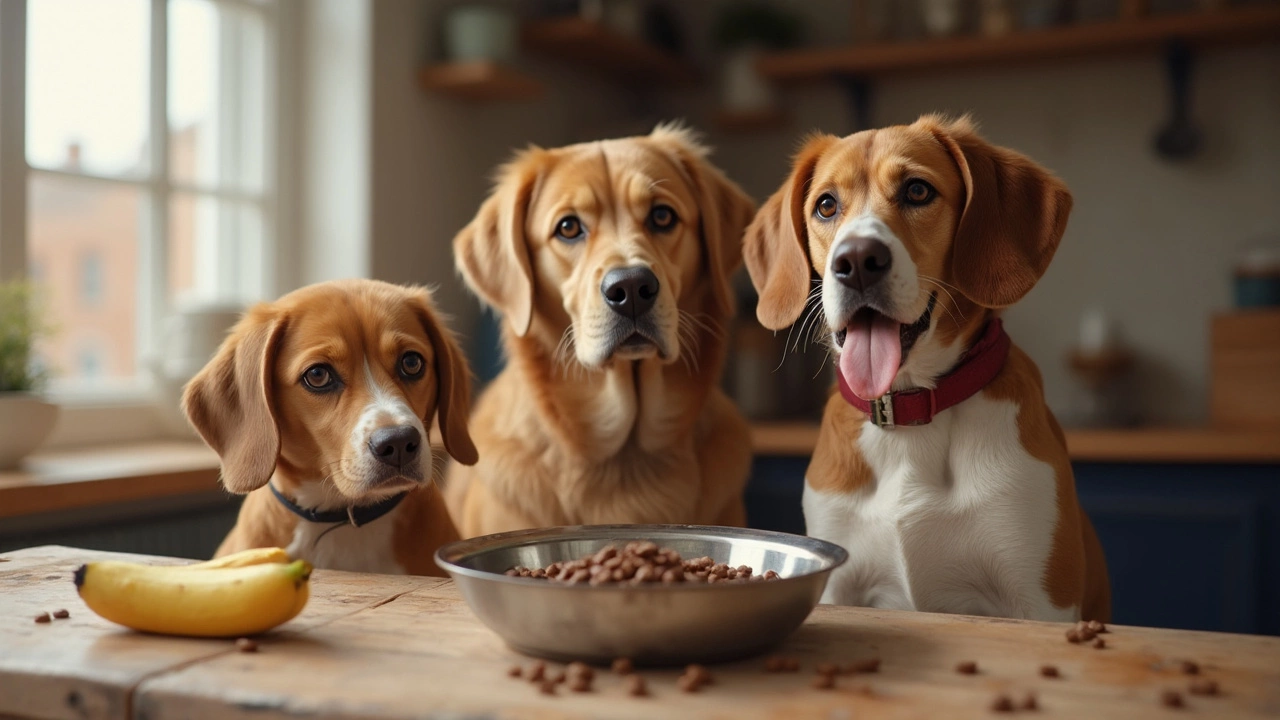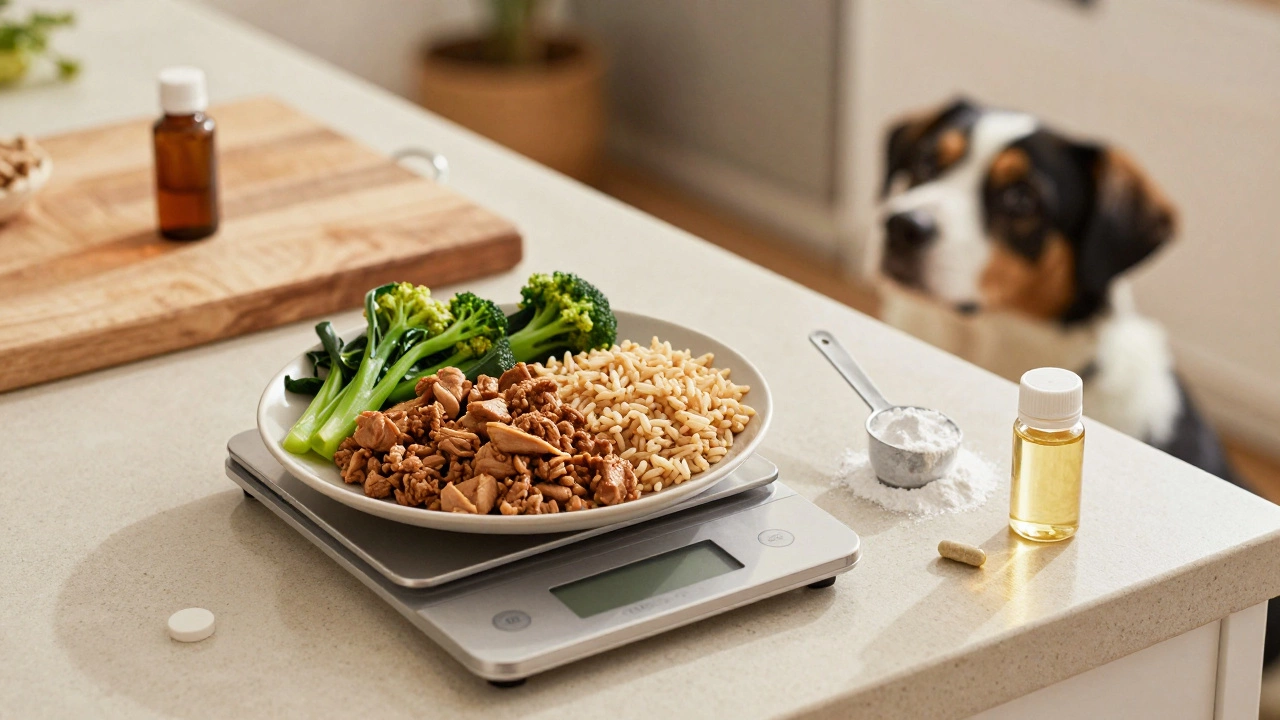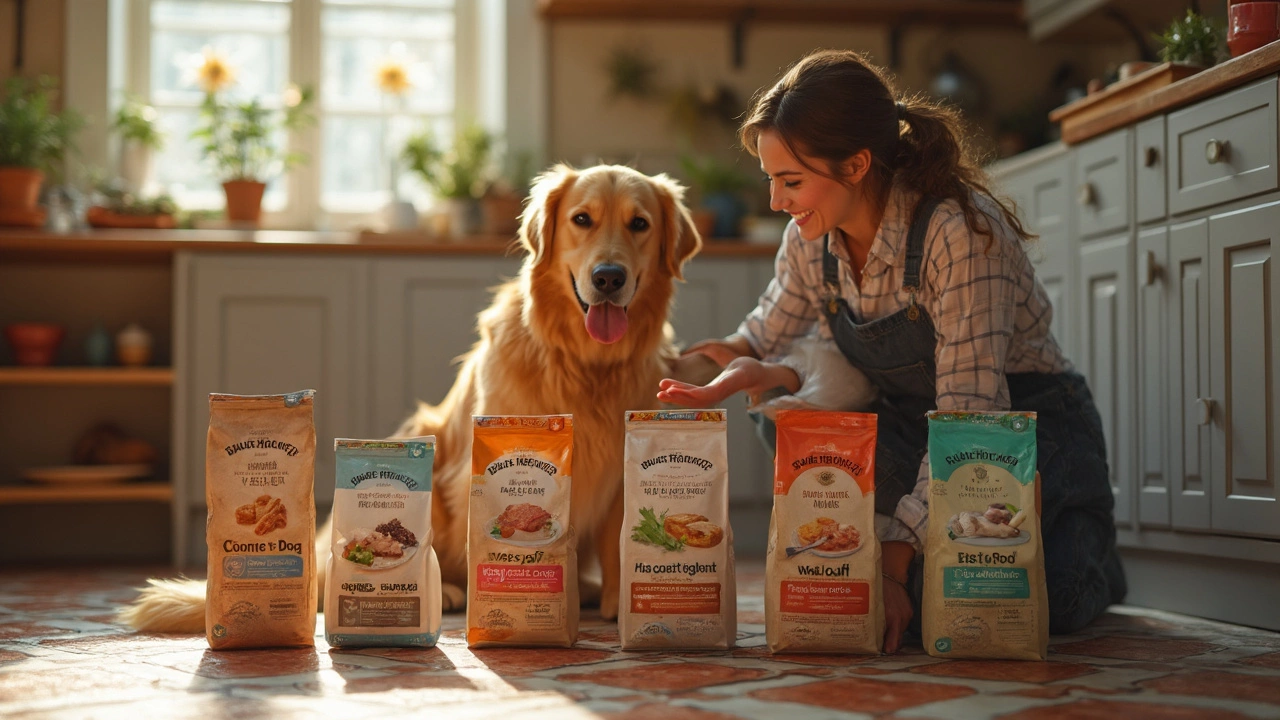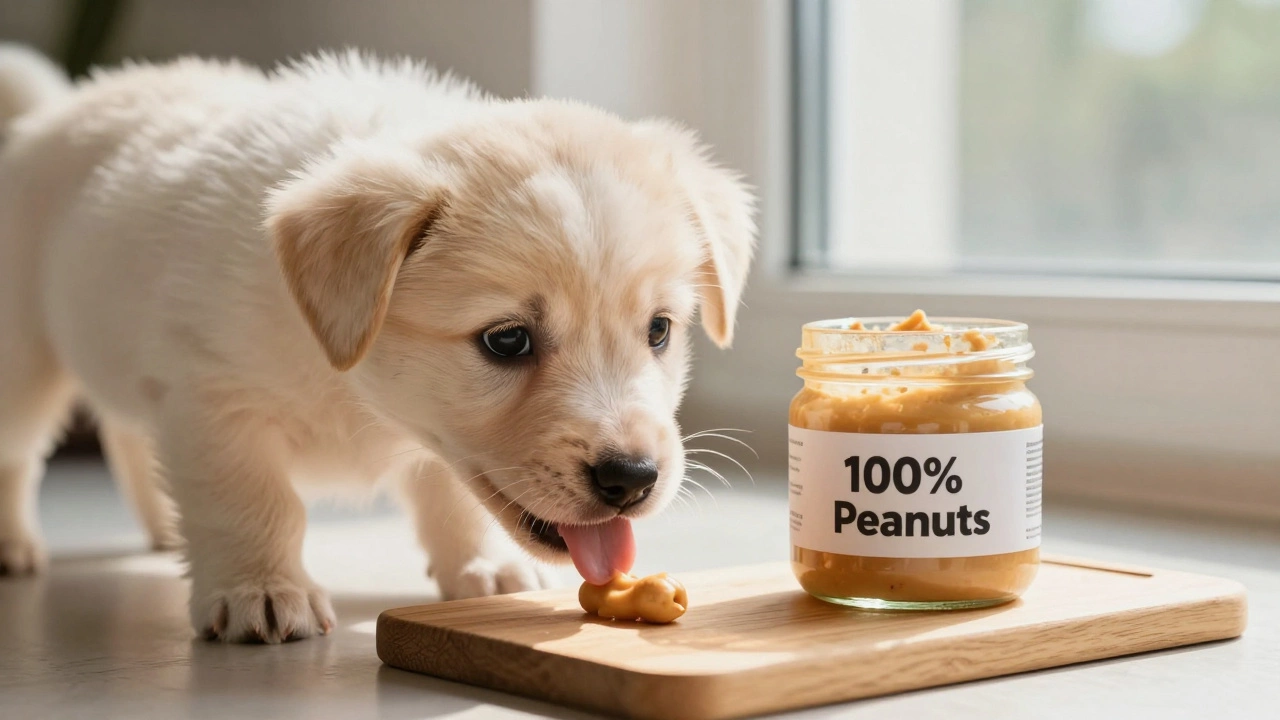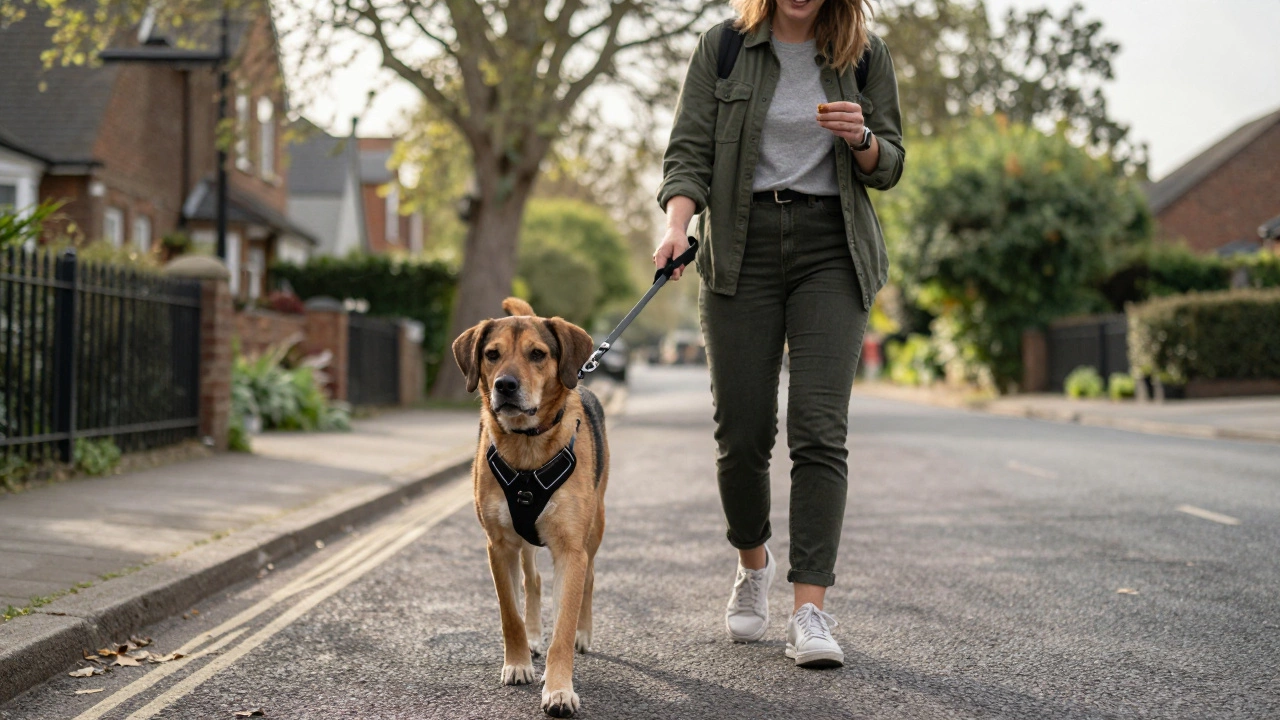If your dog is staring up at you with those hopeful eyes while you snack on a banana, it’s totally normal to wonder if you can toss a piece their way. Turns out, bananas aren’t just safe for most dogs—they actually have some perks. But there’s a right and wrong way to go about it.
First thing: bananas aren’t toxic to dogs. Unlike things like grapes or chocolate, you don’t have to panic if your pup grabs a chunk off the floor. That said, bananas are full of sugar and fiber, so they’re better as an occasional treat, not an everyday staple. Feeding your dog too much banana can lead to belly aches or the runs, and you definitely don’t want to deal with that mess.
Think of bananas as dessert—not the main course. Just because your dog loves new snacks doesn’t mean their stomach does. Some dogs with sensitive guts can get gassy or have loose stools after even a small bite. If it’s your dog’s first time, start slow and wait to see how they react before handing over more.
- Are Bananas Safe for Dogs?
- Health Benefits and Risks
- How Much Banana Can My Dog Eat?
- Bananas vs. Dog Health Supplements
- Fun Ways to Give Bananas as Dog Treats
Are Bananas Safe for Dogs?
Here’s the straight answer—yes, dogs can eat bananas. They’re not toxic, and for most dogs, a bit of banana is completely harmless. That means, no emergency vet trips the minute your pup chomps down on this fruit. But there’s still more to it than just a simple yes or no.
The stuff inside bananas is actually pretty decent for dogs. Bananas have potassium, vitamin B6, vitamin C, and fiber. These nutrients help with muscle function, keeping the heart healthy, and supporting the immune system. Still, dogs get most of what they need from their regular food, so think of bananas as just a bonus—not a need.
Now, here’s something dog owners mess up a lot—they give too much at once. Dogs can’t handle loads of sugar like humans, and bananas are packed with the natural kind. Too much can spike energy levels (think zoomies gone wild) or, worse, lead to tummy troubles.
- If your dog has health issues like diabetes, pancreatitis, or is overweight, skip the bananas unless your vet says it’s okay.
- Never feed the peel. It’s not poisonous, but it’s tough to digest and could cause stomach blockages, especially for small dogs.
Vets see a rise in stomach upsets around holidays when folks hand over more people food, including fruit. A safe move is to offer a small slice, watch for any bloating, vomiting, or weird stools, and keep their treats under 10% of daily calories. Look at the numbers below to see how bananas stack up nutrition-wise per 100g:
| Nutrient | Amount |
|---|---|
| Calories | 89 |
| Sugar | 12g |
| Potassium | 358mg |
| Fiber | 2.6g |
Bottom line: bananas as a treat are safe for most dogs, but moderation is everything. Always double-check with your vet if your dog has health problems or is on any meds. You want the snack to be fun, not stressful for you or your pup.
Health Benefits and Risks
Bananas bring a little nutrition boost to a dog's snack list, but just like everything else, there are ups and downs. If you're thinking about swapping your pup's usual treat for some banana, here's what you need to know about how they stack up in terms of real benefits and possible downsides.
Let’s hit the good news first. Bananas are packed with vitamins like vitamin C, vitamin B6, and minerals like potassium. These aren’t just fluff—in dogs, they help with muscle and nerve function, bone strength, and even the immune system. Some veterinarians recommend bananas as an easy way to give dogs a quick dose of dog nutrition when they can't have their usual treats (like if your dog has allergies).
- Potassium helps with healthy heart and muscle function.
- Vitamin C supports the immune system, which is important for active dogs.
- Fiber in bananas can help regulate your dog's poop if things get a bit wonky, but too much can work the other way.
- Bananas are low in fat and cholesterol, so they’re safer than some meaty snacks.
But don’t get carried away—there are real risks, too. Bananas have natural sugars. Too much sugar can be hard on your dog's weight and could mess up blood sugar. Feeding bananas every day or giving big portions can lead to upset stomach (think gas, diarrhea, or even constipation because of all that fiber). And the peel? Dogs shouldn’t eat that; it’s hard to digest and could cause a blockage. In rare cases, especially with diabetic dogs, the sugar punch can cause problems, so you’ll want to skip this treat if your dog’s on a strict diet.
Here's a quick breakdown of what you get in a small banana:
| Nutrient (per banana) | Amount |
|---|---|
| Calories | ~90 |
| Potassium | 360mg |
| Vitamin B6 | 0.4mg |
| Vitamin C | 8.7mg |
| Sugar | 12g |
Most dogs can handle a banana now and then, but it should never take the place of proper dog health supplements or a balanced diet. When in doubt, check in with your vet—especially for dogs with medical issues or sensitive stomachs.

How Much Banana Can My Dog Eat?
When it comes to dogs and bananas, “less is more” really fits the bill. You don’t need to get out the kitchen scale, but paying attention to portion size can save you from cleaning up a major mess later. So how much is just right? It really comes down to your dog's size.
Here’s a super simple rule: bananas should make up no more than 10% of your dog’s daily calories. For most dogs, that’s just a couple of small pieces—not half the fruit. For small breeds, think one or two slices (about the size of a quarter). If you’ve got a big dog, maybe half a banana spread throughout the week. Always peel it first—banana peels can be tough to digest and might upset your dog's stomach.
| Dog Size | Safe Banana Amount |
|---|---|
| Small (under 20 lbs) | 1–2 thin slices |
| Medium (20–50 lbs) | 2–3 slices |
| Large (over 50 lbs) | up to ½ banana per week |
If your dog is trying bananas for the first time, start with just a bite. Watch for any signs of allergy or tummy trouble, like itching, vomiting, or loose stools. If everything goes smoothly, you can add bananas as an occasional snack.
Keep in mind, bananas contain a good amount of sugar and fiber. Too much, especially in small dogs, can mess with blood sugar or cause digestive issues. If your dog is diabetic or on a special diet, always ask your vet before changing things up.
Treats like bananas are just that—treats. Your dog’s main meals should still come from quality dog food or vet-approved dog nutrition and dog supplements. Bananas are for happy moments, not everyday eating.
Bananas vs. Dog Health Supplements
So, bananas have dog nutrition perks—stuff like potassium, vitamin C, and fiber—but are they on par with actual dog health supplements? Not really. Bananas give your dog a quick boost of certain nutrients, but they can't replace a carefully-made supplement when your dog really needs extra help.
Let’s compare what you get in a banana versus what’s packed into a dog supplement:
| Nutrient | Banana (per 100g) | Typical Dog Supplement |
|---|---|---|
| Potassium | 358 mg | 500-800 mg |
| Vitamin C | 8.7 mg | 10-60 mg* |
| Fiber | 2.6 g | Varies, up to 5 g |
| Other Additives | None | Omega-3, Glucosamine, Probiotics, etc. |
*Depends on supplement brand and type.
The main difference is, dog supplements are measured and designed for dogs, so you know exactly what they’re getting. Bananas are natural, but their nutrient levels jump around depending on size and ripeness. A small amount as a snack is fine, but don’t count on a banana to fill a big nutrition gap your pup may have.
This quote from Dr. Annie Valuska, animal nutritionist, sums it up:
"Whole foods like bananas are fun, occasional treats, but supplements give dogs guaranteed and targeted nutrition where their diets may fall short."
If your dog needs something specific—like joint support or skin health—a supplement will always do a better job than fruit. Bananas just can’t provide concentrated omega-3s, probiotics, or things like glucosamine for older pets.
Bottom line: Bananas are a safe treat, but when it comes to filling real health needs, dog supplements are the way to go. If you’re ever in doubt, chat with your vet before replacing a supplement with any snack, no matter how healthy it looks on your counter.
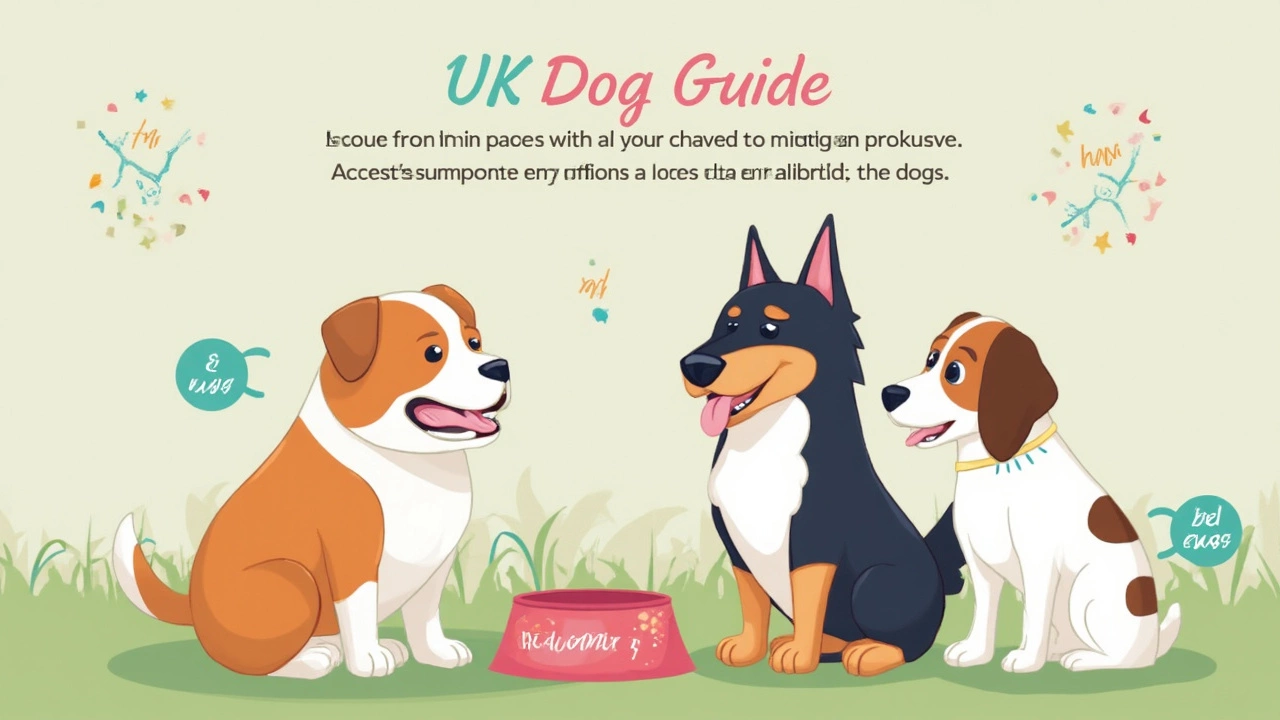
Fun Ways to Give Bananas as Dog Treats
So, your dog’s safe to eat bananas in moderation—now what? Tossing a slice straight from the peel is the easy route, but there’s way more you can do to make bananas both fun and useful as dog nutrition boosts or simple treats. Here’s how:
- Frozen banana bites: Slice up a banana and pop the pieces in the freezer. They’ll turn into little cold snacks that most dogs love, especially on hot days. They also double as a teething help for puppies, sort of like a healthy popsicle.
- Banana-stuffed toys: Smear a bit of mashed banana inside a Kong or similar stuff-able toy, maybe with a tiny dab of peanut butter (peanut butter without xylitol, always!). This combo will keep your dog busy and makes for an easy boredom-buster.
- DIY banana biscuits: Mix mashed banana with plain oats and a spoonful of unsweetened applesauce. Drop small portions onto a baking sheet and bake at 350°F for about 12–15 minutes. No weird ingredients, just dog-safe treats packed with fiber and a little potassium.
- Banana topping for food: Mash a bit of banana and mix it right into your dog’s regular food. This trick is handy for picky eaters or dogs who need a little extra motivation to eat.
Here’s a comparison of how bananas stack up nutritionally next to other common dog treats:
| Treat | Calories (per 10g) | Sugar (g) | Potassium (mg) |
|---|---|---|---|
| Banana | 9 | 1.2 | 35 |
| Commercial Baked Biscuit | 40 | 0.1 | 10 |
| Carrot | 4 | 0.5 | 30 |
A quick reminder: always peel the banana first (the skin is tough for dogs to digest), and stick to fresh or frozen—none of the banana chips coated with sugar or preservatives. And if your dog’s on a specific diet plan, or has health issues like diabetes, double check with your vet before handing out these fruit snacks. When it comes to dog health supplements and treats, homemade beats most store-bought stuff for keeping things simple and safe.

